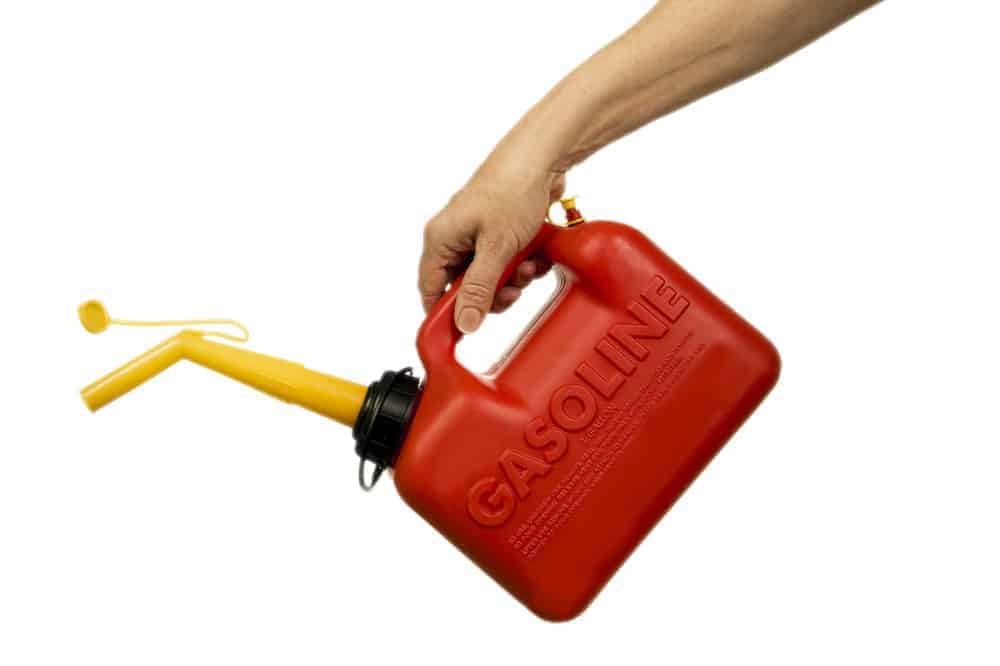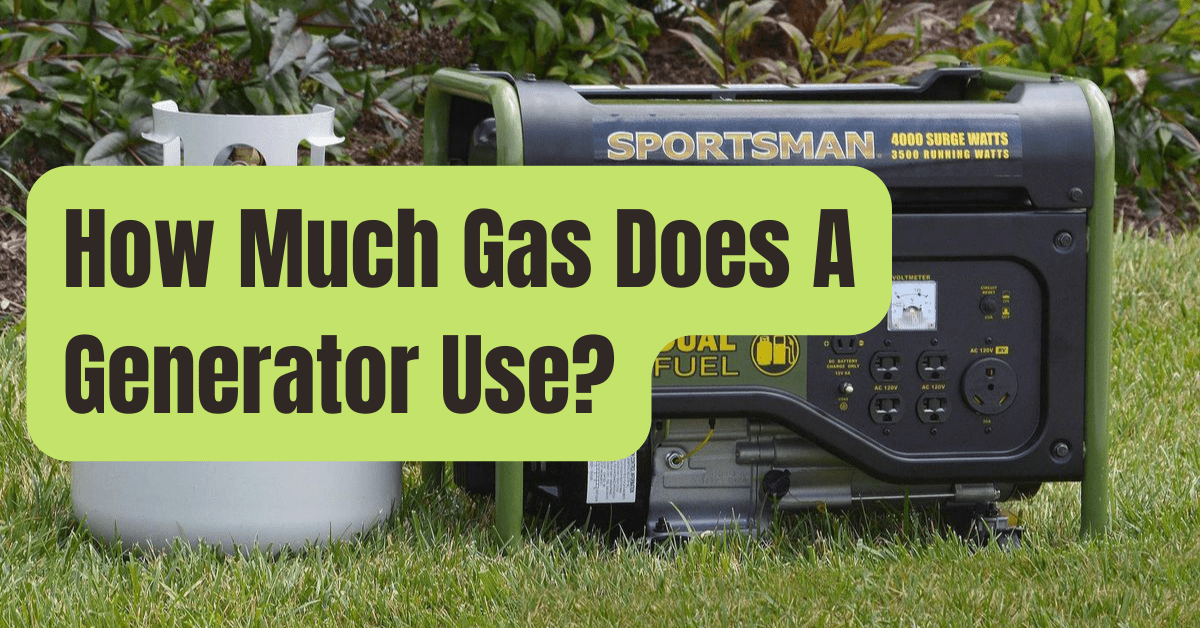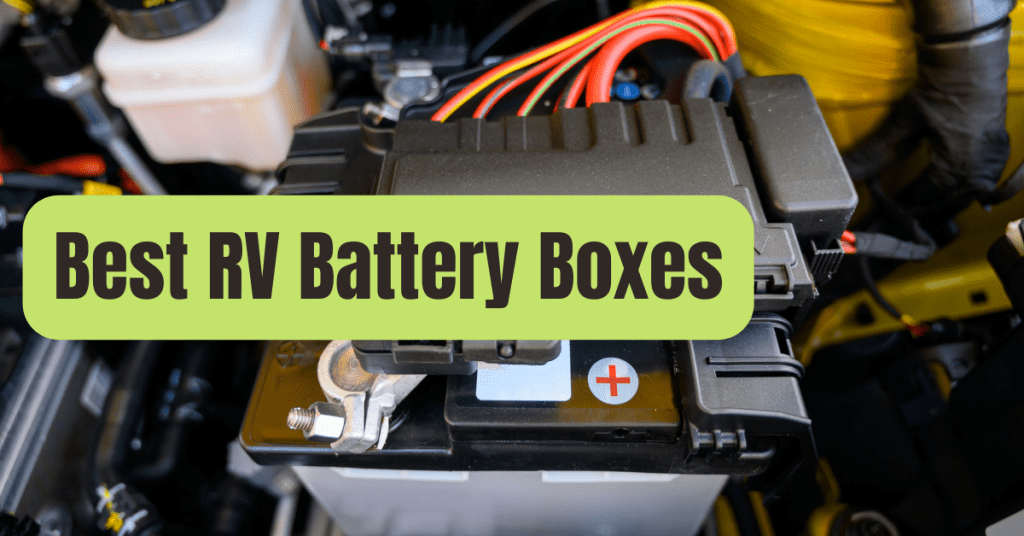Do you want to know how much gas a generator consumes? This is one of the most often asked questions by both homeowners and RV owners.
When considering an alternate source of electricity, it is critical to evaluate fuel consumption rates and prices.
What Is the Average Gas Consumption of a Generator?
The amount of gas used by a generator is determined by numerous variables.
The kind of generator you have, the fuel type, and the load are all factors to consider.
All of these factors have an impact on the amount of gas required to power your generator.
What Factors Influence Generator Gas Consumption?
#1. Type of Generator
The sort of generator you pick will determine how much gas a generator uses per hour in a relative sense.
You’ll want a model that lets you to regulate your load and consumption, since various designs demand different fuels.
The following are the most common generator types:
Standby
Standby generators are primarily responsible for ensuring your safety in the event of an emergency.
Investing in a backup generator if you live near adverse weather might be quite advantageous.
It usually has a punch so strong that it can power your whole house for many hours at a time.
However, because of its size, it will undoubtedly waste a lot of gas as it transports heavy goods.
Portable
If you like traveling, you’ve probably considered portable generators since they’re small, portable, and simple to use.
They can do duties as little as laptop charging to as big as powering appliances, depending on the size of the generator you pick.
The Fuel Tank Capacity refers to the amount of fuel that the tank can contain.
The generator can operate for extended periods of time without recharging since it has a high capacity tank.
Portable generators, on the other hand, will not be able to power most houses since they can only power a few objects at a time.
Inverter
The smallest choice is an inverter generator, which is best used to power your devices.
Rather of needing gas or other forms of fuel, these machines may usually be pre-charged with electricity.
Which is better: power inverters or generators?
Tri-Fuel
A tri-fuel generator is your best choice if you want the most flexibility out of your generator.
These generators, as their name implies, enable you to use natural gas, liquid propane, or gasoline as a fuel.
There are also kits available to assist you in converting your current gas-powered generator to a tri-fuel generator.
Another approach is to use a dual-fuel generator.
#2. Type of Fuel
Because some generators burn quicker than others, the fuel type you pick has a major impact on the quantity of fuel utilized.
Diesel
Diesel is a fantastic choice if you want the most efficient burn.
This is due to the fact that it burns more slowly than any other fuel.
Diesel, on the other hand, has a number of environmental disadvantages, including increased emissions.
It’s possible that some diesel generators may burn unclean, releasing dangerous chemicals into the atmosphere.
Diesel, on the other hand, has an amazing fuel consumption graph to consider.
| Generator Size (kW) | Full Load (Gallons/hr) |
| 1000 | 71.1 |
| 1500 | 106.5 |
| 2000 | 141.9 |
| 2250 | 159.6 |
Natural Gas
Natural gas is a greener alternative to diesel, but it isn’t the most environmentally friendly choice.
If you have natural gas lines in your house, one of the main reasons to consider natural gas generators.
It would be difficult to connect the generator as a backup power source without these wires.
Another difficulty with natural gas is that, when compared to diesel, it consumes fuel at an astounding pace.
A natural gas generator will use around:
| Generator Size (kW) | Full Load (cu.ft./hr) |
| 1000 | 9883 |
| 1750 | 17264 |
| 2250 | 22184 |
Gasoline
Gasoline is one of the most readily accessible fuels, so you’re probably going to buy one of these generators initially.
Gas has a modest amount when it comes to how much gas a generator uses every hour.
A five-gallon gasoline generator should burn at least 0.75 gallons per hour on average.
They are among the most affordable generators on the market, but they must be refueled on a regular basis.
It’s also worth noting that gas will be one of the most difficult fuels to come by in an emergency.
Propane
Propane, like gasoline, is a very flexible and easy-to-find substance.
It’s a popular standby generator option, particularly for residences without natural gas hookups.
More specifically, propane generators may help rural residences that are prone to blackouts since propane is readily available in distant areas.
Because huge generators often have much larger tanks, propane is also a dependable fuel option.
A 500-gallon propane generator, for example, can power a house for a week.
The majority of versions can burn up to three gallons per hour and have a capacity of 1,000 gallons.
#3. Make a Load
The load is the last significant component to consider when it comes to fuel usage.
The load refers to the number of appliances connected to the generator that will draw electricity from it.
Personal devices would be a modest burden, whereas a complete home would be a big one.
It’s critical to consider what you’d want to be able to operate in the event of a power loss.

What Generator Size Do I Require?
When you look at generator ads, you’ll find that they usually provide you information based on a 50% load.
Consider the consumption with a 100 percent load if you know you’ll be utilizing more than half of the available power.
What is the average amount of gas used by a generator per hour?
The quantity of gas used hourly by your generator is highly dependent on the fuel type and load.
If your generator is attempting to power many appliances at the same time, it will rapidly run out of gas.
If you’re operating survival equipment, a five-kilowatt generator may burn up to 0.75 gallons of gas every hour.
On a full load, a bigger unit, such as a 30-kilowatt model, may use up to three gallons of water per hour.
You may discover the consumption rates for your particular model by using a gasoline consumption chart or calculator.
In A Day, How Much Gas Does A Generator Consume?
How much gas does a generator consume in a day, based on the data above? You’ll need up to 18 gallons of gas each day if you use a five-kilowatt generator that uses 0.75 gallons per hour.
It’s crucial to remember, however, that these estimations are just for necessary survival equipment.
On 5 Gallons Of Gas, How Long Can A Generator Run?
It’s natural to question how long a generator will operate on 5 gallons of gas, particularly since most models are.
A five-gallon generator can operate for seven hours straight with a fuel consumption rate of 0.75 gallons per hour.
Which Fuel Type Is the Most Efficient?
If you want a fuel that burns slowly but produces a lot of power, diesel is the best option.
Natural gas, on the other hand, might be an excellent alternative if you have connections close to your house.
Propane, on the other hand, isn’t depleted rapidly and has a large fuel tank for long-term power.
As a result, you may want to think about getting a propane generator.










